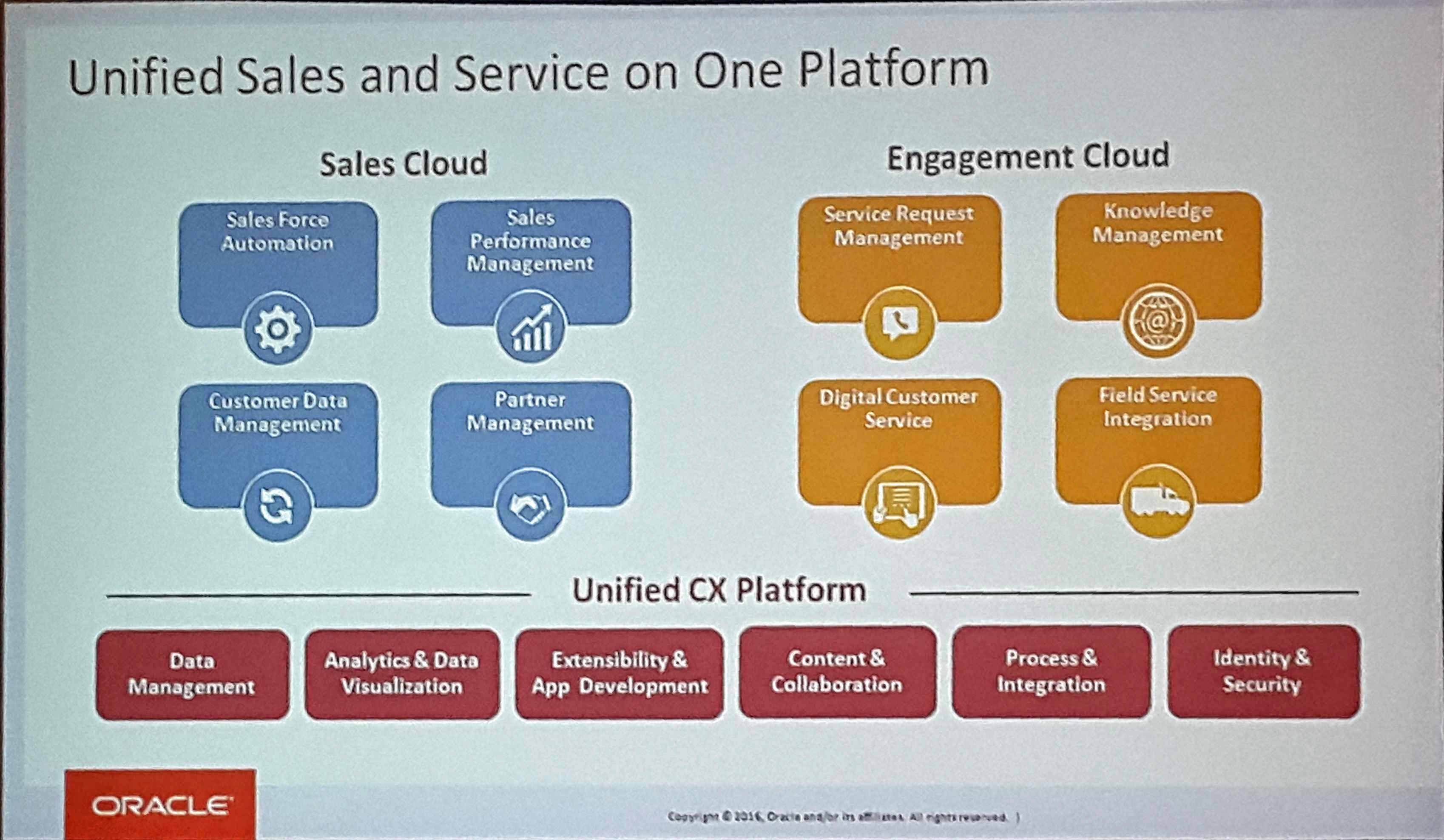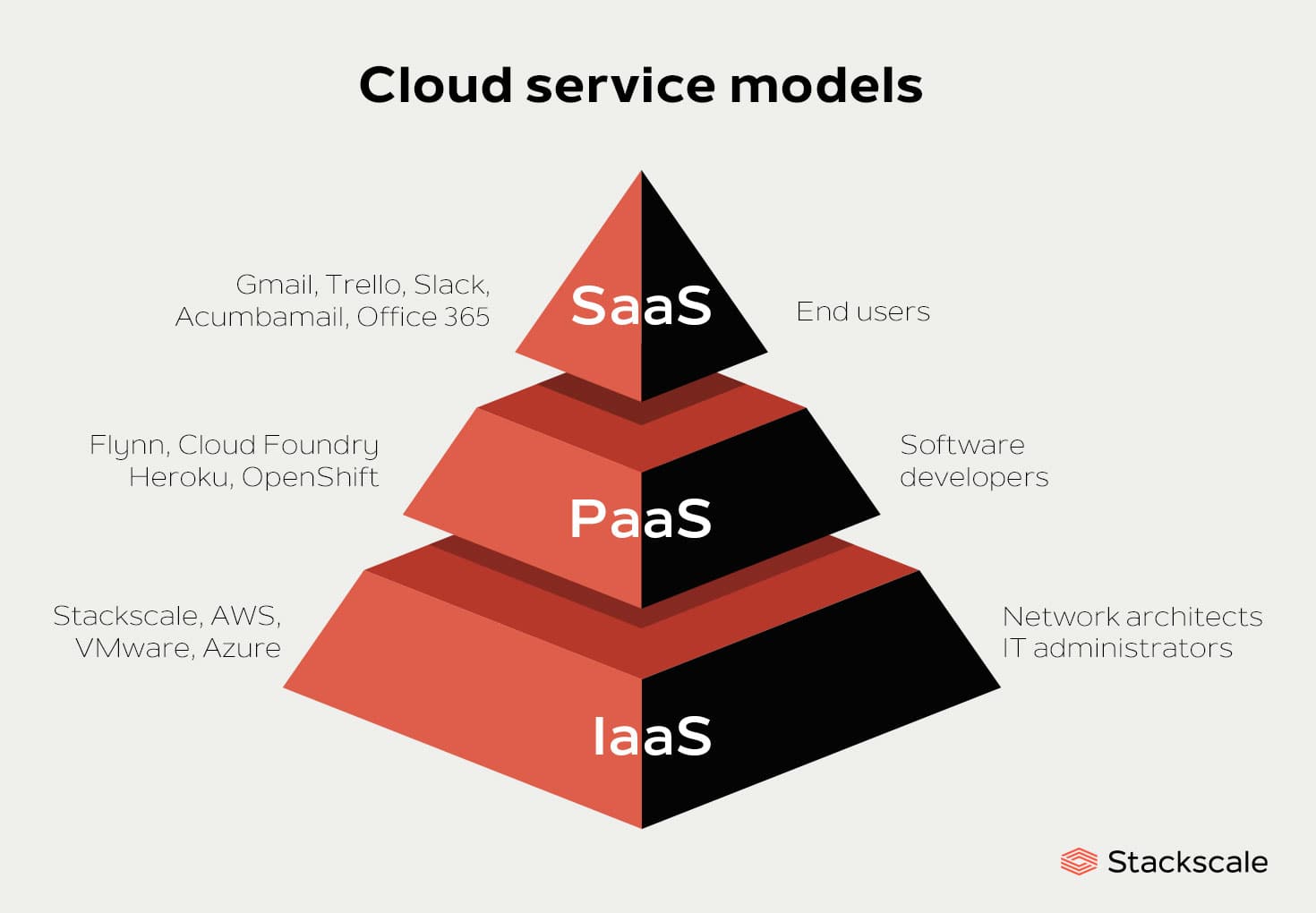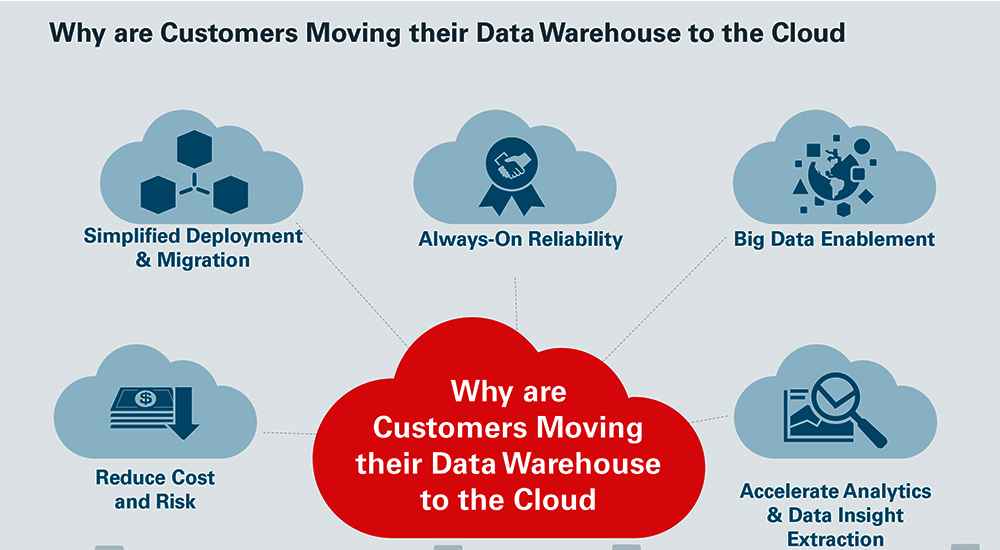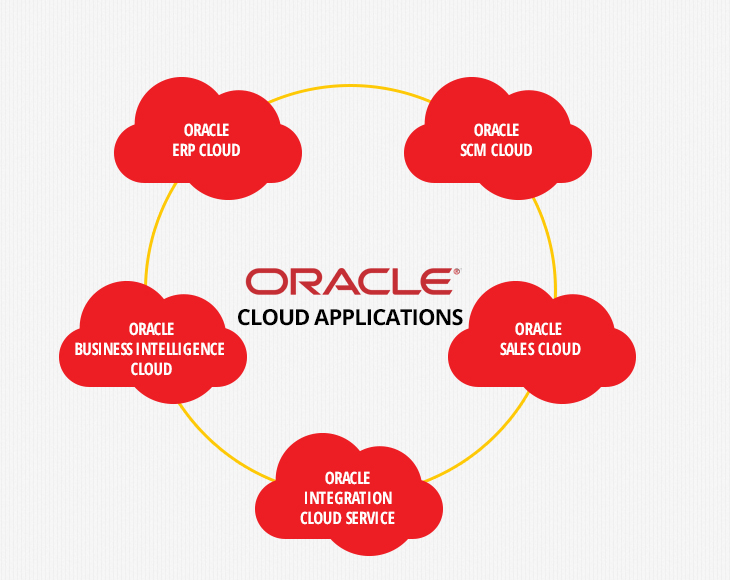Overview of Oracle Cloud and Its Offerings
Oracle Cloud, a leading cloud service provider, offers a comprehensive suite of products and services designed to cater to businesses’ diverse needs. With a mission to empower organizations to achieve more through innovative technology, Oracle Cloud provides a wide range of solutions that streamline operations, enhance productivity, and promote growth. The key categories of Oracle Cloud offerings include Oracle Cloud Infrastructure (IaaS), Oracle Cloud Platform (PaaS), Oracle Cloud Applications, and Oracle Autonomous Database.
Oracle Cloud Infrastructure (OCI): A Comprehensive IaaS Solution
Oracle Cloud Infrastructure (OCI) is a robust Infrastructure-as-a-Service (IaaS) solution that offers a wide range of enterprise-grade computing resources, including bare metal and virtual machines, storage, networking, and edge computing services. OCI’s primary goal is to empower businesses by providing a secure, scalable, and high-performance foundation for their cloud-based workloads.
Compute services in OCI cater to various use cases, from general-purpose to high-performance computing needs. Businesses can choose from pre-built images or bring their own operating systems and applications. OCI’s storage services provide durable, secure, and cost-effective options, including block, object, and file storage, as well as archival and backup solutions.
Networking services in OCI enable businesses to build and manage virtual cloud networks, connect on-premises data centers, and leverage load balancing and security features. Additionally, OCI’s edge computing services, such as FastConnect and Content Delivery Network (CDN), ensure low-latency connectivity and efficient content distribution.
Oracle Cloud Platform (OCP): A Unified Platform for PaaS and SaaS Solutions
Oracle Cloud Platform (OCP) is a comprehensive, unified platform that offers both Platform-as-a-Service (PaaS) and Software-as-a-Service (SaaS) solutions. OCP enables businesses to streamline their operations, accelerate innovation, and achieve better results by providing a seamless integration of various cloud services. The platform’s modular design and extensive customization options make it an ideal choice for businesses of all sizes and industries.
Platform-as-a-Service (PaaS)
Oracle’s PaaS offerings include services for application development, integration, analytics, artificial intelligence, and machine learning. These services empower businesses to build, deploy, and manage applications and services in a scalable, secure, and cost-effective manner. For instance, Oracle Mobile Cloud, a part of PaaS, allows businesses to create, deploy, and manage mobile applications with ease.
Software-as-a-Service (SaaS)
Oracle’s SaaS solutions cater to various business functions, such as enterprise resource planning (ERP), human capital management (HCM), supply chain management (SCM), and customer experience (CX). These solutions are designed to be industry-specific, ensuring that businesses can leverage best practices and tailored features to meet their unique needs. For example, Oracle Fusion Cloud ERP offers a complete set of financial management, procurement, project management, and enterprise performance management solutions.
By integrating PaaS and SaaS solutions, Oracle Cloud Platform enables businesses to create custom applications, automate workflows, and analyze data using a single, unified platform. This seamless integration leads to improved productivity, enhanced collaboration, and better decision-making for businesses utilizing Oracle cloud products and services.
Oracle Cloud Applications: A Suite of Industry-Specific Solutions
Oracle Cloud Applications offer a wide range of industry-specific solutions designed to help businesses streamline their operations, increase efficiency, and drive growth. These applications cater to various industries, including finance, healthcare, retail, manufacturing, and the public sector. The primary Oracle Cloud Applications include Enterprise Resource Planning (ERP), Human Capital Management (HCM), Supply Chain Management (SCM), and Customer Experience (CX).
Enterprise Resource Planning (ERP)
Oracle ERP applications enable businesses to manage critical processes, such as financial management, procurement, project management, and enterprise performance management. These applications provide real-time insights, enabling businesses to make informed decisions and adapt to changing market conditions. Moreover, Oracle ERP applications offer seamless integration with other Oracle Cloud solutions, ensuring a unified and efficient experience.
Human Capital Management (HCM)
Oracle HCM applications help businesses manage their workforce more effectively by providing tools for talent management, workforce management, and human resources. These applications enable businesses to attract, retain, and develop top talent while ensuring compliance with labor laws and regulations. Oracle HCM applications also offer features for employee engagement, performance management, and succession planning, fostering a positive work environment and driving business growth.
Supply Chain Management (SCM)
Oracle SCM applications empower businesses to optimize their supply chain processes, from planning and procurement to manufacturing and logistics. These applications provide real-time visibility into supply chain operations, enabling businesses to respond quickly to changing customer demands and market conditions. Oracle SCM applications also offer features for demand management, inventory management, and order management, ensuring a seamless and efficient supply chain experience.
Customer Experience (CX)
Oracle CX applications help businesses deliver exceptional customer experiences by providing tools for marketing, sales, commerce, and service. These applications enable businesses to engage with customers across various channels, personalize their experiences, and build long-lasting relationships. Oracle CX applications also offer features for customer data management, analytics, and automation, ensuring a unified and efficient customer experience.
By leveraging Oracle Cloud Applications, businesses can benefit from industry-specific solutions that cater to their unique needs and goals. These applications provide a seamless integration with other Oracle Cloud offerings, ensuring a unified and efficient experience for businesses utilizing Oracle cloud products and services.
Oracle Autonomous Database: A Self-Driving, Self-Scaling, and Self-Securing Database Solution
Oracle Autonomous Database is a revolutionary database solution that leverages artificial intelligence (AI) and machine learning (ML) to automate database management tasks. This self-driving, self-scaling, and self-securing database solution is designed to minimize human intervention, reduce costs, and improve database performance, security, and availability. By utilizing Oracle Autonomous Database, businesses can focus on their core operations and unlock the full potential of their data.
Self-Driving
Oracle Autonomous Database uses AI and ML to automate database management tasks, such as patching, upgrading, and tuning. This self-driving capability ensures that the database is always up-to-date, optimized, and running at peak performance. Moreover, it reduces the need for manual intervention, minimizing the risk of human error and ensuring a more stable and reliable database environment.
Self-Scaling
Oracle Autonomous Database can automatically scale up or down based on workload demands, ensuring optimal performance and resource utilization. This self-scaling capability enables businesses to handle fluctuating data volumes and user demands with ease, without the need for manual intervention or capacity planning. As a result, businesses can achieve better agility, scalability, and cost-efficiency in their database operations.
Self-Securing
Oracle Autonomous Database offers advanced security features, such as always-on encryption, data masking, and real-time threat detection. This self-securing capability ensures that businesses’ data is protected at all times, even in the event of a security breach or cyber attack. Moreover, it reduces the burden of managing security policies and compliance requirements, enabling businesses to focus on their core operations and data-driven insights.
By leveraging Oracle Autonomous Database, businesses can benefit from a self-driving, self-scaling, and self-securing database solution that minimizes human intervention, reduces costs, and improves database performance, security, and availability. This innovative and creative concept provides significant value and usefulness to businesses utilizing Oracle cloud products and services.
How to Choose the Right Oracle Cloud Products and Services
Selecting the most suitable Oracle Cloud products and services for your business can be a challenging task, given the wide range of offerings available. However, by following a systematic approach, you can evaluate your requirements, compare options, and implement the chosen solutions effectively. Here’s a step-by-step guide to help you make an informed decision:
Step 1: Evaluate Your Business Requirements
Start by identifying your business needs, goals, and objectives. Consider factors such as your industry, size, growth stage, and regulatory requirements. For instance, if you’re in the retail industry, you might need Oracle Cloud Applications that cater to retail-specific processes and workflows. Similarly, if you’re a large enterprise, you might require Oracle Cloud Infrastructure for scalable and secure computing resources.
Step 2: Research Oracle Cloud Offerings
Once you have a clear understanding of your requirements, research the various Oracle Cloud products and services that align with your needs. Visit the Oracle Cloud website, browse through the offerings, and take note of the features, benefits, and pricing. You can also consult with Oracle sales representatives or partners for personalized guidance and recommendations.
Step 3: Compare Options and Create a Shortlist
After researching the Oracle Cloud offerings, compare the options based on factors such as features, pricing, scalability, security, and integration capabilities. Create a shortlist of the most suitable products and services for your business. Ensure that the shortlisted solutions meet your requirements and offer room for growth and expansion.
Step 4: Test and Validate the Shortlisted Solutions
Before committing to a particular solution, test and validate the shortlisted options in a controlled environment. Oracle Cloud offers free trials and demos for most of its products and services, allowing you to evaluate the features, performance, and user experience. Use this opportunity to assess the ease of integration, customization, and management of the solutions.
Step 5: Implement the Chosen Solutions
Once you have selected the most suitable Oracle Cloud products and services for your business, implement them in a phased manner. Start with a small-scale deployment, test the solution in a production environment, and gradually scale up as needed. Ensure that you have the necessary resources, skills, and support to manage the implementation process effectively.
By following this step-by-step guide, you can choose the right Oracle Cloud products and services for your business, ensuring a smooth and successful deployment. Remember to stay updated on the latest Oracle Cloud offerings and best practices to maximize the value and benefits of your investment.
Real-World Success Stories: Oracle Cloud Products and Services in Action
Oracle Cloud products and services have helped numerous businesses streamline their operations, reduce costs, and improve efficiency. In this section, we will share success stories of companies that have effectively utilized Oracle Cloud solutions to achieve their goals. By highlighting the benefits they have experienced and the challenges they have overcome, we aim to provide insights and inspiration for other businesses considering Oracle Cloud products and services.
Case Study 1: A Global Manufacturing Company
A leading global manufacturing company sought to modernize its IT infrastructure and improve operational efficiency. By adopting Oracle Cloud Infrastructure, the company was able to consolidate its data centers, reduce IT costs, and enhance application performance. Moreover, Oracle Cloud Infrastructure’s robust security features provided the company with the confidence to store and process sensitive data in the cloud.
Case Study 2: A Mid-Sized Retail Chain
A mid-sized retail chain wanted to improve its customer experience and inventory management. By implementing Oracle Cloud Applications, including Oracle Retail and Oracle CX, the company was able to gain real-time insights into customer behavior, optimize inventory levels, and personalize customer interactions. As a result, the company experienced a significant increase in sales and customer satisfaction.
Case Study 3: A Fast-Growing Financial Services Firm
A fast-growing financial services firm needed a scalable and secure database solution to support its rapid expansion. By adopting Oracle Autonomous Database, the company was able to automate database management tasks, reduce human error, and ensure data security. Moreover, Oracle Autonomous Database’s self-scaling feature enabled the company to handle increasing data volumes with ease.
These success stories demonstrate the potential of Oracle Cloud products and services to transform businesses and help them achieve their goals. By leveraging Oracle Cloud’s comprehensive suite of offerings, businesses can streamline their operations, reduce costs, and improve efficiency, ultimately leading to increased competitiveness and growth.
Staying Updated on Oracle Cloud Products and Services
To maximize the benefits of Oracle Cloud products and services, it’s essential to stay informed about the latest offerings, updates, and best practices. By attending webinars, subscribing to newsletters, and joining user groups, businesses can ensure they are leveraging the full potential of Oracle Cloud. Here are some resources and tips to help you stay updated:
1. Attend Oracle Webinars and Virtual Events
Oracle regularly hosts webinars and virtual events that cover a wide range of topics related to its cloud offerings. These events provide valuable insights into the latest features, use cases, and best practices for Oracle Cloud products and services. By attending these events, businesses can stay informed about the latest developments and engage with Oracle experts and peers.
2. Subscribe to Oracle Newsletters
Oracle offers various newsletters that cover different aspects of its cloud offerings. By subscribing to these newsletters, businesses can receive regular updates on the latest features, releases, and events related to Oracle Cloud. Some popular Oracle newsletters include Oracle Cloud Update, Oracle Autonomous Database Newsletter, and Oracle Cloud Infrastructure Newsletter.
3. Join Oracle User Groups
Oracle user groups are communities of Oracle customers, partners, and experts who share knowledge, experiences, and best practices related to Oracle products and services. By joining these groups, businesses can connect with peers, engage in discussions, and access exclusive resources and events. Some popular Oracle user groups include Oracle Applications User Group (OAUG), Oracle HCM User Group (OHUG), and Oracle Database User Group (ODTUG).
4. Follow Oracle Blogs and Social Media Channels
Oracle maintains various blogs and social media channels that cover its cloud offerings. By following these channels, businesses can receive real-time updates on the latest features, releases, and events related to Oracle Cloud. Some popular Oracle blogs and social media channels include Oracle Cloud Blog, Oracle Database Blog, and Oracle Cloud Infrastructure Twitter.
5. Participate in Oracle Cloud Training and Certification Programs
Oracle offers various training and certification programs that help businesses build expertise and skills in Oracle Cloud. By participating in these programs, businesses can ensure they are leveraging the full potential of Oracle Cloud and staying competitive in their industry.
By utilizing these resources and tips, businesses can stay updated on the latest Oracle Cloud products and services, ensuring they are leveraging the full potential of their investment. Remember to regularly engage with Oracle resources, communities, and events to maximize the benefits of Oracle Cloud for your business.








